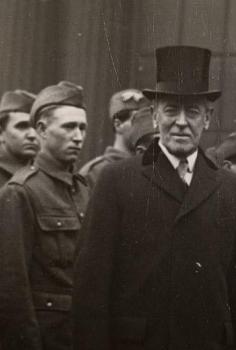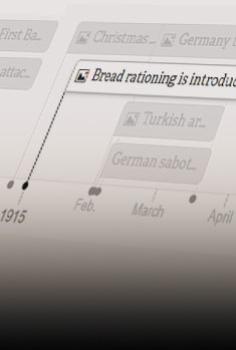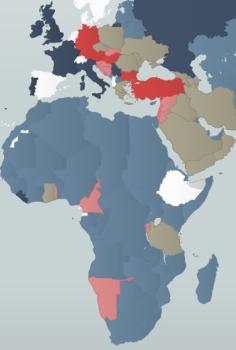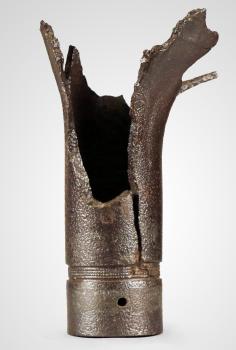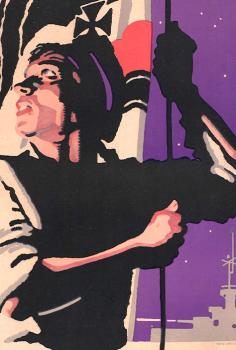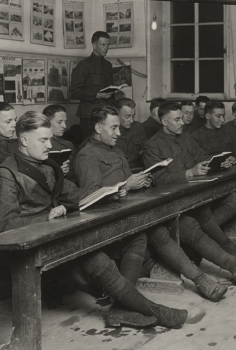1917 marked a pivotal shift in African Americans’ quest for civil rights, especially after Woodrow Wilson’s declaration that making the world safe for democracy had become America’s singular responsibility. As the nation’s focus shifted from war in the Mexican borderlands to war on the Western Front, African Americans anticipated that their military expertise would be put to work halting the Central Powers. When it was not, the armed forces became yet another theater for civil rights reform. Even before African American soldiers disembarked in France, a different war broke out on American streets, as East St. Louis, then Houston, erupted in riot. In those cases, black intellectual-activists proved vital in galvanizing African Americans to their own defense. By refusing to cower from the indignities and violence inherent in the Jim Crow system, and by seeking sanctuary in burgeoning cities, African Americans showcased a level of defiance all the more impressive against the background of the Great War’s strict policing of dissent. This paper will explore how 1917 set the tone for the civil rights battles waged by African Americans, both on the homefront and on the Western Front.
Saje Mathieu, Associate Professor in the Department of History at the University of Minnesota.
